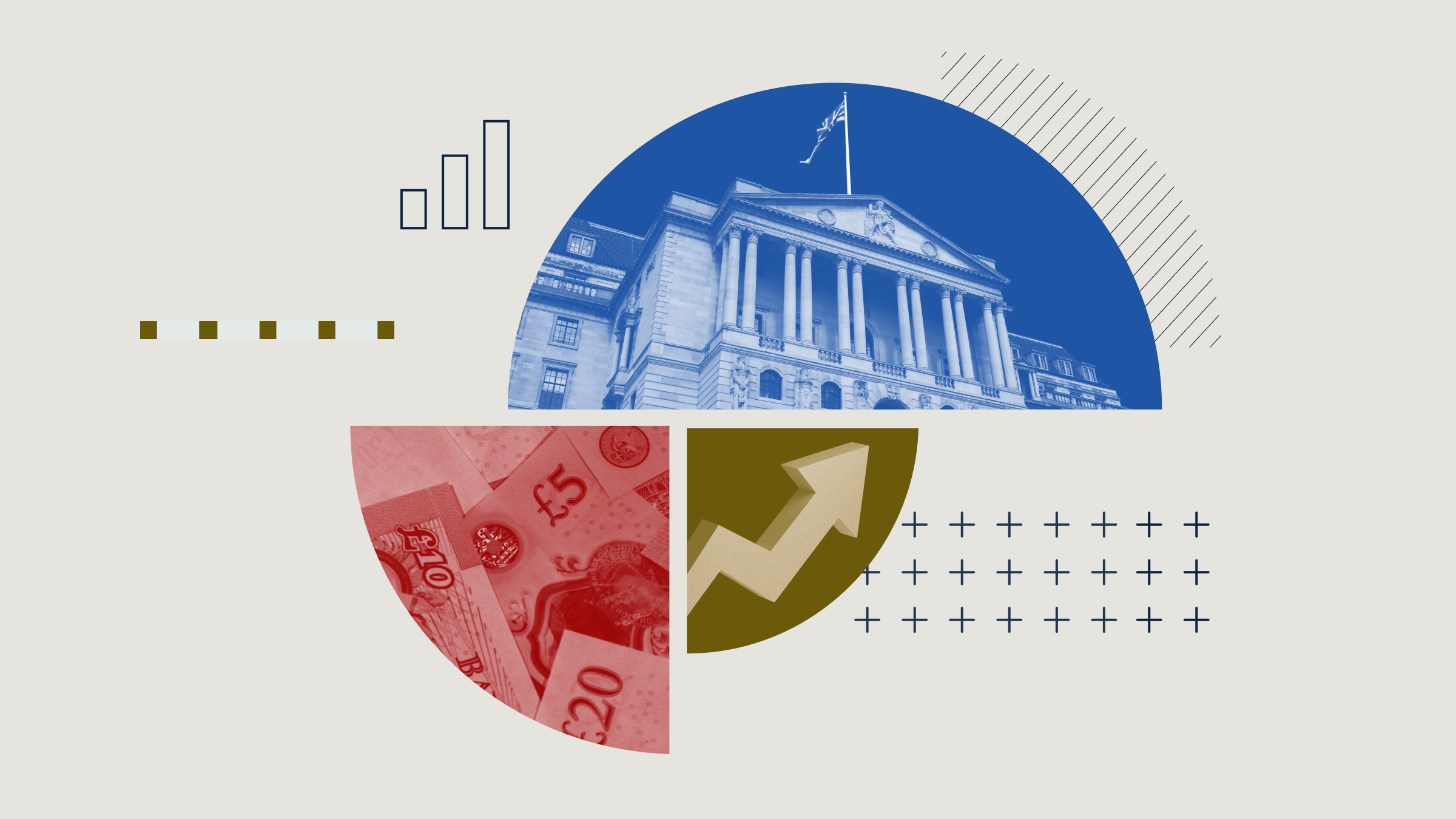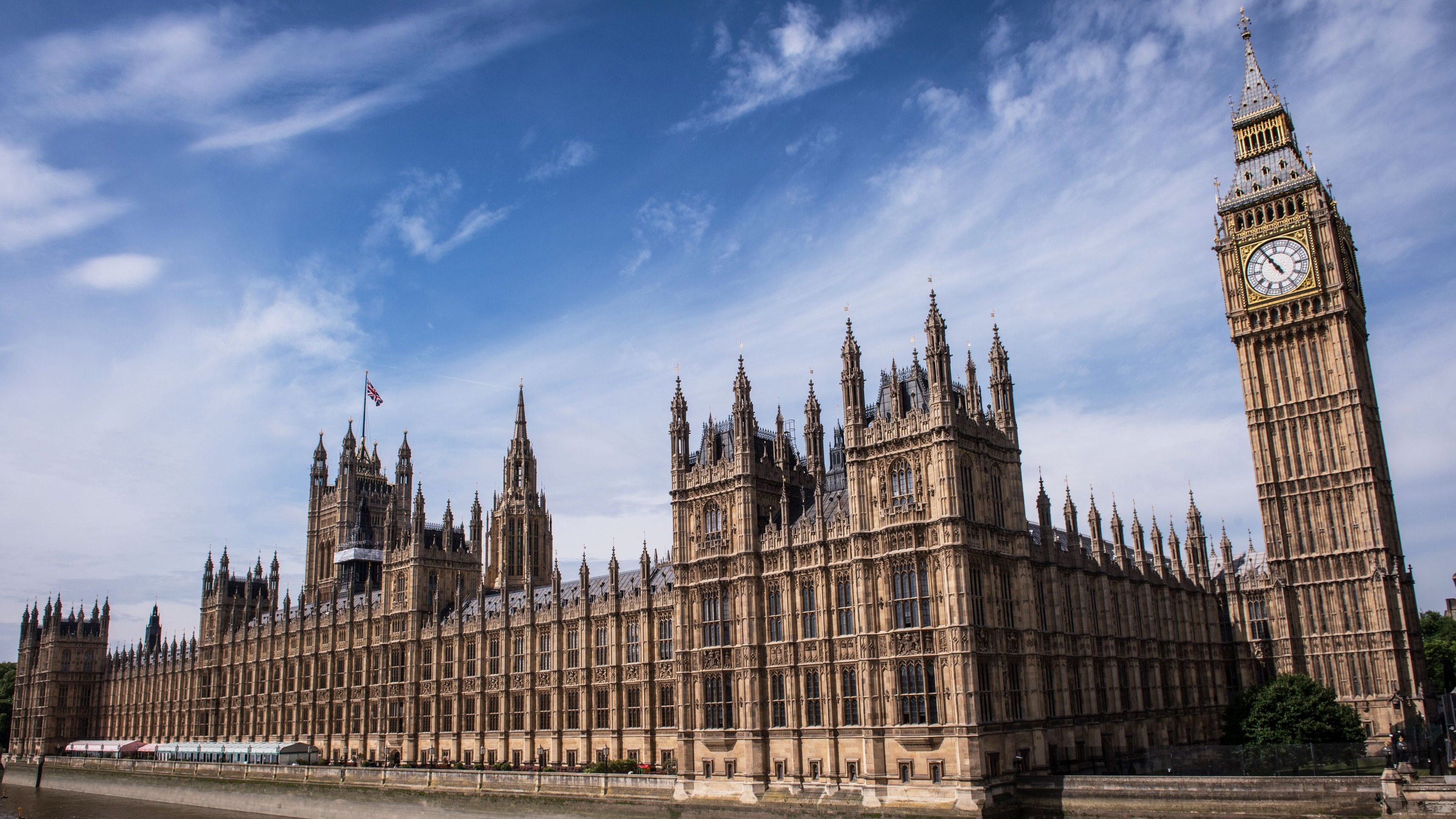
Markets love certainty, as the saying goes, so why is it that something as fundamental as political uncertainty could accompany rises in the FTSE 100?
The answer is not entirely simple, but can be simplified into three key points.
"Share prices are noisy," says Morningstar Investment Management’s global chief investment officer Dan Kemp.
"The stock market is comprised of many thousands of participants with differencing expectations, investment horizons and restrictions. When uncertainty is more prominent, the opinions of investors can diverge, leading to sharp movements in prices.
"This can be thought of as random ‘noise’. These moves are unpredictable and can lead to investors becoming too focused on the near term future. When experiencing these situations, it is important for investors to focus on their longer term goals and progress toward them rather than the day-by-day price movements."
The Key Difference
But the key difference is between the stock market and the economy. There will always be deep and intrinsic links between the two, because the corporate constituents of the first find their labour, products and profitability in the second. But markets are global, regardless of where they are domiciled.
"The stock market is not the economy," Kemp says.
"Many people assume the stock market represents the economy in which it is domiciled. While this may be true in some markets, the UK stock market is genuinely international in character, with approximately 75% of the revenue of the companies that comprise the index coming from outside the UK. Consequently, the UK stock market can move independently of the specific circumstances of the UK economy and political environment."
As a result, if you’re a FTSE 100 investor, you are exposed to more than just that which goes on in the UK. From foreign currency fluctuations, to supply chain issues and the impact of international carbon footprints, there is more to investing in the UK than just the UK itself.
Value is Important
Kemp’s final point is that it pays to understand the FTSE 100’s sector bias, and how that relates to valuations. Stock market traders always have one eye on this, and that can result in (ostensibly) good news despite very strong political or economic headwinds.
"The companies that dominate the UK stock market typically offer better value than most other large stock markets", Kemp says.
"This is due in part to the composition of the UK index, which is dominated by industries like commodity companies and banks that have been out of favour over the last few years. In contrast the UK index has little exposure to technology or media companies that have been the most obvious beneficiaries of investor enthusiasm."
As such, there are plenty of “unloved” shares out there for the buying, and they may have much higher expected returns than those that are popular and therefore expensive, such as US tech stocks (before the crash).
"Over time, investor enthusiasm changes, leading to the unloved becoming loved and vice versa," Kemp concludes.
"As dominant investor sentiment changes, a market dominated by the unloved can perform relatively well."











.jpg)

















